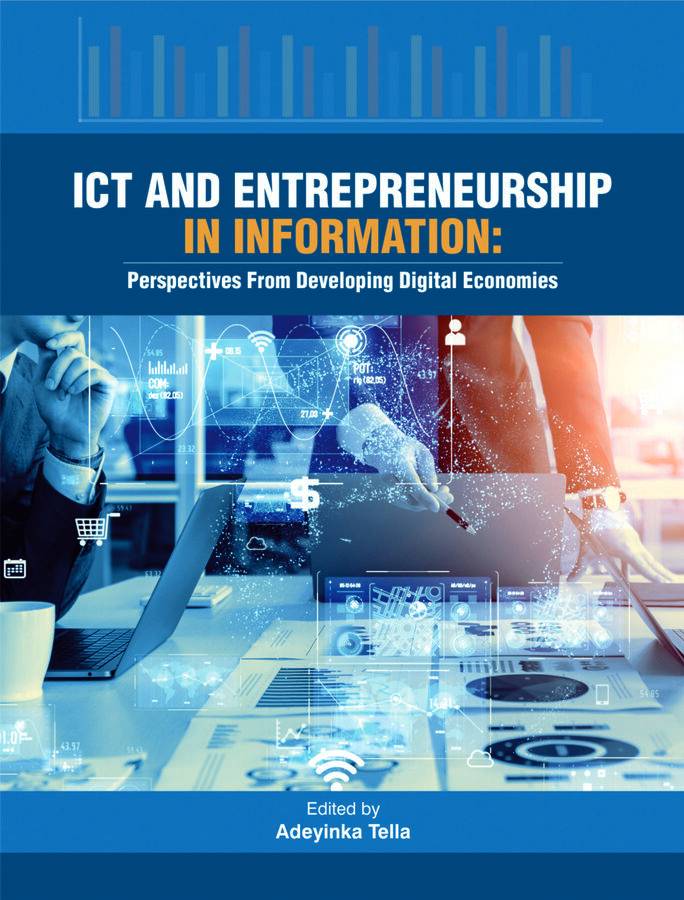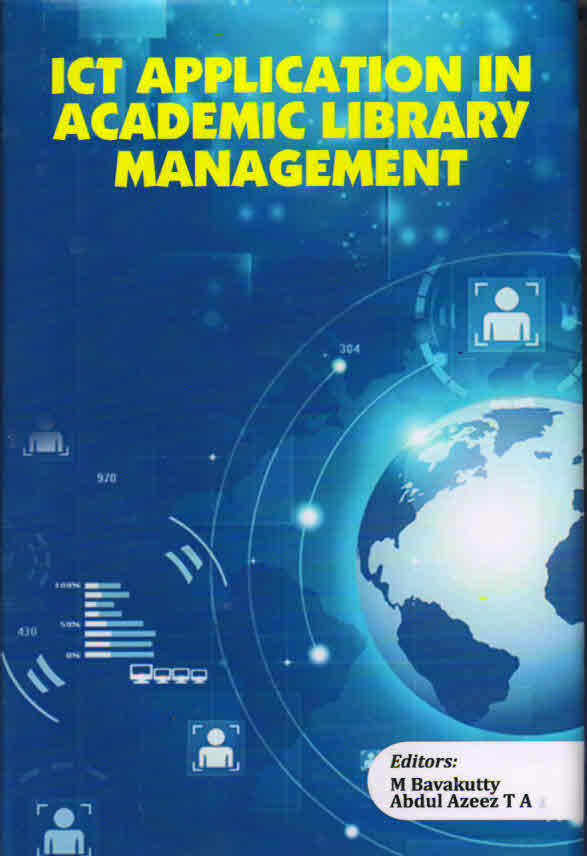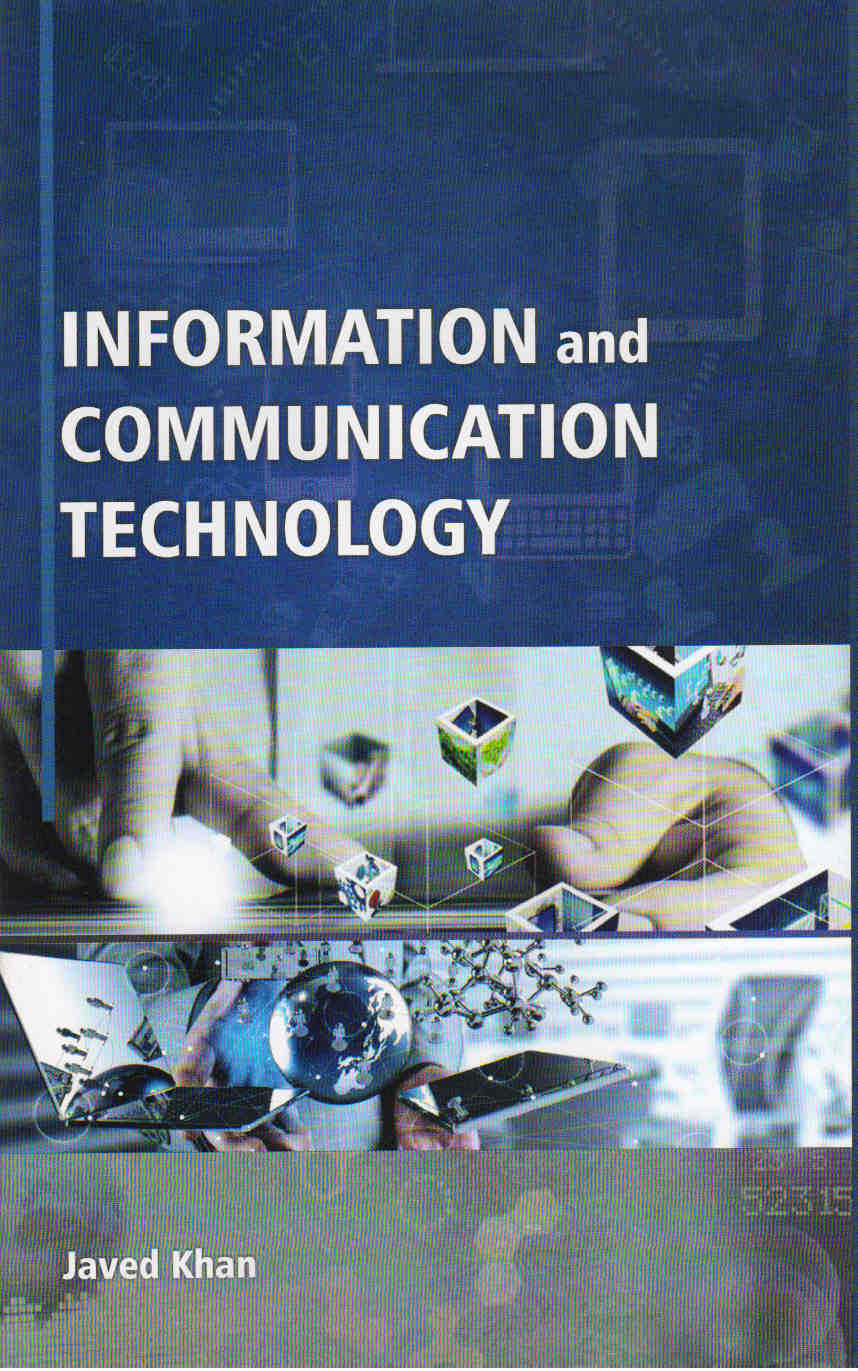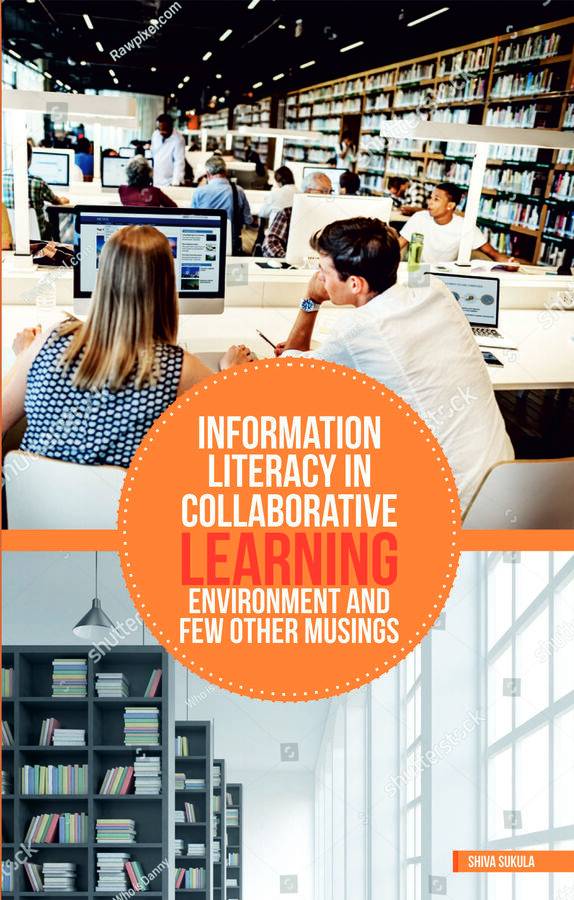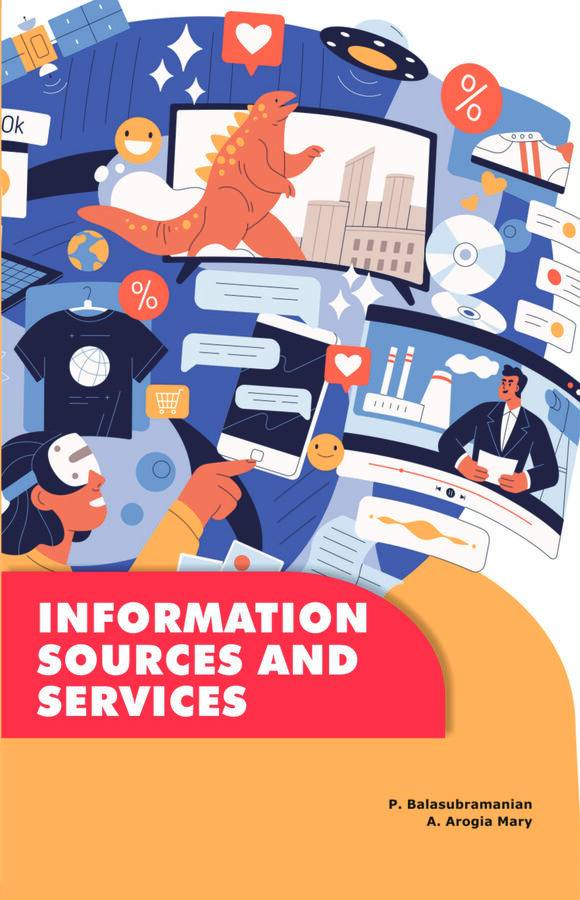Entrepreneurship
has been considered a fundamental catalyst for enhancing economic development.
The rapid advances taking place in information and communication technologies
in the developed countries are seen as a potential vehicle for enabling the
participation of poorer countries in the global information revolution. No
doubt the drive for entrepreneurship in the most developing digital economy or
the so-called developing countries that are embracing technologies is very
high.
Information
and communication technologies offer the potential to solve pressing problems
of human and economic development in areas of health, education, poverty
alleviation, rural development, and care of the environment. In the developed
countries, emerging technologies are having a dramatic impact on the growth and
development of the enterprise sector, and particularly within small and medium
enterprises. Enterprises are adapting rapidly to new forms of communication,
organisation, and new methods of doing business, and a wide range of new
information-based industries have been established. Now with various
entrepreneurship activities and the addition of technology to the mix, a whole
new facet of possibility is birthed.
The
increase in mobile phone access and the introduction of smartphones have also
increased access to the internet. This development has changed our vocabulary
by introducing us to new phrases like “Disruptive Technology” which is a term
that describes new ways of doing things thereby overturn traditional methods
and result in practices using technology. For instance, mobile phones have
replaced the old table-top telephones disrupting the Telecommunication sector.
The presence of mobile phones and the internet has created new sectors, given
rise to new companies, and provided jobs for many while also impacting
entrepreneurship and business models.
This
book, therefore, involves discussion on how information and communication
technology has enabled entrepreneurship in information and expand the
small-scale information businesses. The book explains how information
professionals through ICT can be self-employed and also create employment. It
provides several case studies from the developing digital economies (developing
countries) point of view; and also features contents on how advanced
technologies, particularly those brought by the Fourth Industrial Revolution
are paving the way for, and impacting entrepreneurship development.
This comprehensive,
timely, and seasoned publication aims to be an essential reference source that
drives information students with skills that would enable them to be
self-employed and create employment for graduates of library and information
science. The book builds on available literature on ICT and entrepreneurship in
information drawing on various perspectives from developing digital economies.
Preface
Acknowledgments
Contributor’s Biographies
1 The Use of ICTs in the Digital Economy for Entrepreneurship
Developments in Tanzania: A Review of the Literature
Rhodes Elias Mwageni
Leokadia Gereon Fuko
2 Library and Information Science Lecturers, Undergraduates
and Infopreneur: A Tripod
Airen Adetimirin, Ph.D.
3 Reported Internet Capabilities and Effects on Decision Making for
ICT Opportunities in Global Markets
Michelle Kowalsky
4 Artificial Intelligence and Big Data for Sustainable Entrepreneurship
in the Fourth Industrial Revolution (4IR) Era
Adeyinka Tella
Joseph Ngoaketsi
Saheed Oyeniran
Peter Odeh
5 The Essentialities of Entrepreneurship Education in the
Fourth Industrial Revolution
Stephen Osahon Uwaifo
Segun Sunday Bamidele
VictoriaOkojie
6 Entrepreneurship and the Fourth Industrial Revolution:
Opportunities, Challenges, and the Way Forward
Titilola Oluwakemi Olaniyi
Kehinde Kadijat Kadri
Deborah OlabisiOjo
Rachael Funmilayo Akinlabi
7 Influence of ICTs on Expanding Capabilities of Women Micro-
Entrepreneurs in Rural Malawi
Donald Flywell Malanga
Memory Banda
8 Entrepreneurial Opportunities for Library and Information Science
Students in an ICT- Driven Society: The Nigeria Perspective
Firdausi Abdullahi, CLN
9 The Deployment of Information and Communications Technology
for Teaching Entrepreneurial Education in Universities:
Involvement of the Digital Immigrant Lecturers
Awujoola Olalekan Abiola
10 Enhancing Entrepreneurial Mindset in Students of Library
Schools in Nigeria: The Role of Digital Literacy Skills
Olawale Oyewole
11 Comparative Study of Infopreneurial Intentions of RAM
and LIS Graduating Students at NUST
Peterson Dewah
Gratitude Chiwara-Ndoro
Nozipho S. Mpofu
12 Entrepreneurship and Digital Transformation: Leveraging
on Technological Advantages in Nigeria
Olaronke O. Fagbola, PhD
Bola C. Atulomah, Ph.D, CLN
Titilayo I. Oladeji
13 Application of Problem-Based Learning Technique in Library
and Information Science Entrepreneurship Education Programme
Ayotola Olubunmi Onanuga
Halimah Odunayo Amuda
Olufemi Olubunmi Ilori
Ayotunde Kehinde Adetola
14 The Importance of Infopreneurship Training Amidst Library
Schools in Uganda: Tracing the Missing Link
Edwin Achugbue
Benjamin Ahimbisibwe
15 Impact of ICT on Information Business
Edeama O. Onwuchekwa
16 Empowerment in Entrepreneurship for Library and
Information Science Professionals in Nigeria
Samson Oyeniyi Akande
Dumebi Otulugbu
17 Entrepreneurship Opportunities for Library and Information
Professionals in the 21st Century
Odunayo Halimah Amuda
Ayotunde Adetola Kehinde
Ayodeji Yusuf Ajani
Onanuga Olubunmi Ayotola
18 Capacity Building for the Enhancement of Infopreneurs’
Independence and Sustainability in a New Economy
Rexwhite Tega Enakrire
19 Influence of Social Media Marketing Strategies on Infopreneurship
in Nigeria During the COVID-19 Pandemic
Oluyemisi Olubukola Ajiboye
Shakirat Oluwatosin Haroon-Sulyman
Helen Osebequen Chris-Israel
20 ICT and Digital Economy: Perspective of Developing Countries
Tefo Kgosietsile
21 Emerging Challenges Using ICT to Teach Entrepreneurship
for Sustainability in Library Schools in Nigeria
Phyllis. I. Umerah (CLN)
22 The Relevance of Infopreneurship in Nigerian Library and
Information Science Undergraduate Programmes: A Glimpse
At Improving the Curriculum of Selected Universities
Aderinola Ololade Dunmade
Muyideen Abdul Raheem, Ph.D.
Mariam Oyinda Aborishade
John Olugbenga Akinola
23 Information and Communication Technology Skills Required
for Infopreneurial Success
Samuel Olaleye Abiodun
Sunday Olabisi Olatunji
24 Emerging Technologies for School Libraries Information
Business in Nigeria
Alice A. Bamigbola, Ph.D
Kolawole Akinjide Aramide, Ph.D
25 Entrepreneurship, Infopreneurship and Small-scale
Information Businesses in Nigeria: Challenges and the Way Forward
Makinde, O. T.
Aidenojie, E.O
Aba, J.I.
Akosu, R.H
26 Integration of ICT into Teaching and Learning of Entrepreneurship
Education at the Foundation Phase: Opportunities and Threats
Mercy Durodolu
Oluwole O. Durodolu
27 Information and Communication Technologies (ICTs) as
Factor for Infopreneurship in Nigeria
Aba, J.I.
Makinde, O. T.
Aidenojie, E.O
Tella Adeyinka is an Assistant
Professor in the Department of Library and Information Science, Faculty of
Communication and Information Sciences, University of Ilorin, Nigeria and a
Visiting Professor at the Department of Information Science, University of
South Africa.
Tella attended St. Andrews College of Education, Oyo, in Oyo State,
Nigeria from 1989-92, where he obtained National Certificate in Education (NCE)
which qualifies him as a professional teacher. He later gained direct entry
admission to the most prestigious university in Nigeria i.e. The University of
Ibadan where He obtained his Bachelors’ Degree in Guidance and
Counselling/Political Science and graduated with Second Class Honours, Upper
Division.
After his Youth Core in the year 2000, Tella enrolled for a Master’s
Degree programme in Counselling Psychology at the same University of Ibadan and
finished in 2001. Immediately thereafter, Tella enrolled for another Masters’
Degree programme in Library and Information Studies at the same university and
finished in 2004.
Tella returned to Counselling Psychology to commence a Ph.D. degree in
Test, Measurement, and Evaluation. He was about to present his proposal for the
Ph.D. when the result of the Commonwealth Scholarship which he earlier applied
for was released. Tella eventually won the Commonwealth Scholarship to study
library and information science at the University of Botswana in Gaborone in
Oct 2005 and finished on Sept. 29th, 2009.
Tella is an editorial member of many highly-rated reputable journals
including Library Philosophy and Practice, The University of Nebraska,
Lincoln, USA, Journal of University Research, Maltepe University, Istanbul,
Turkey, African Regional Journal of Knowledge Management,
Technical University, Kenya and Zambian Journal of Library and
Information Science, University of Zambia. Currently, Tella is the
Editor-in-Chief, Ilorin Varsity International Journal of Library and
Information Science, and a former Editor-in-Chief of International Journal
of Information Processing and Communication (IJIPC), a journal of the
Faculty of Communication and Information Sciences, University of Ilorin,
Nigeria. Tella is a reviewer of many Web of Science LIS journals and is
an external examiner for LIS Ph.D. candidates in the following Universities
such as Babcock University, Nigeria, University of Calabar, Nigeria, University
of Ibadan, Nigeria, Bayero University, Kano in Nigeria, University of Fort
Hare, South Africa, University of Zululand, South Africa, University of
South-Africa, Pretoria, South Africa, University of KwaZulu-Natal,
Pietermaritzburg, South Africa, The University of Zambia in Lusaka, Zambia,
Annamalai University, Tamil-Nadu, India, Alagapa University, India and
Bharathiar University, India.
Tella has many awards to his credit and has successfully supervised 15
Masters Dissertations (6 in computer Science & 9 in LIS) and 5 of Ph.D.
candidates are now lecturers in Nigerian Universities. As traveling is
part of education, Tella has visited Countries such as United State of America,
Italy, Portugal, United Arab Emirate-Abu-Dhabi, Qatar, South Africa,
Botswana, Zimbabwe, Zambia, Kenya, Cote D'Ivoire, Togo, and The Republic of
Benin.
Tella has published 210 academic papers mostly in Web of Science/Scimago
ranked journals, edited conference proceedings, and chapters in books. Besides, Tella has edited six information Science reference
texts. Tella is available for any research assistant by the research students
either at masters or doctoral levels. He is also available for any local or
international research collaboration.


